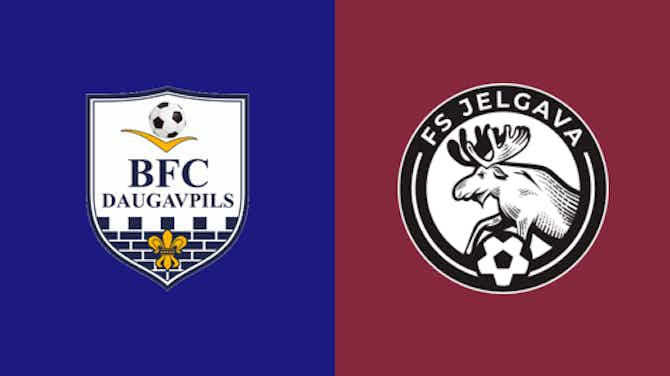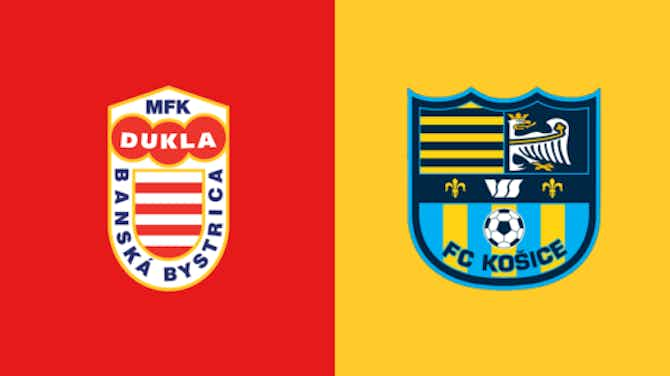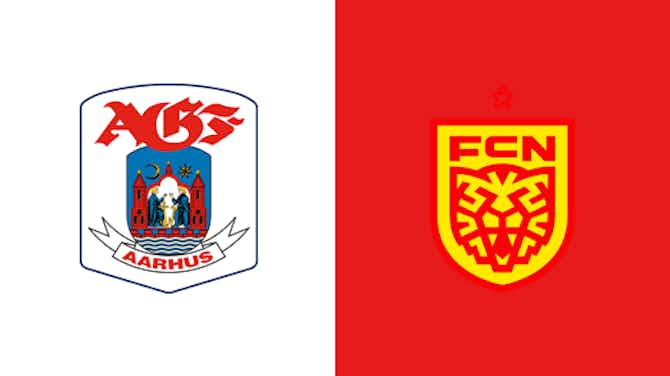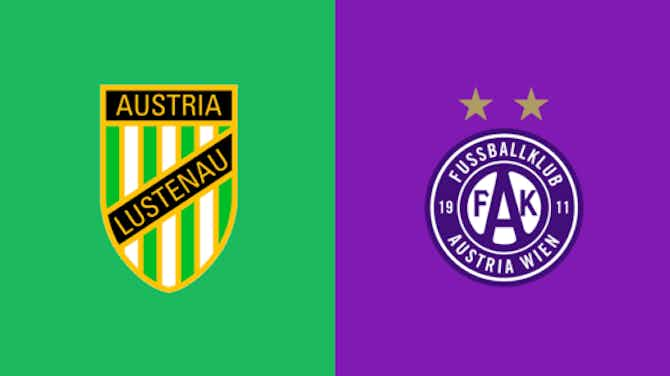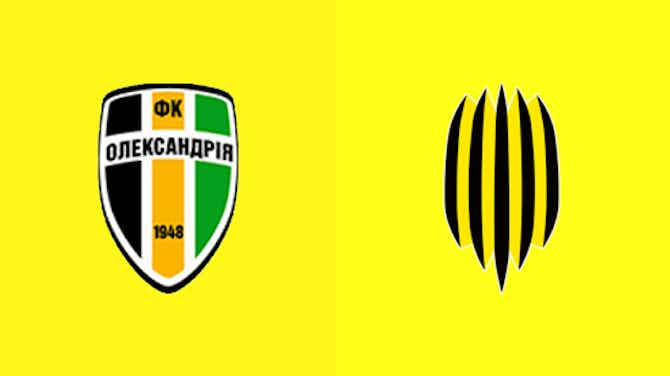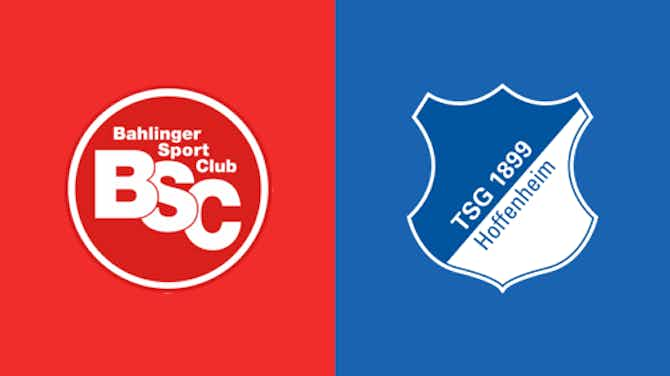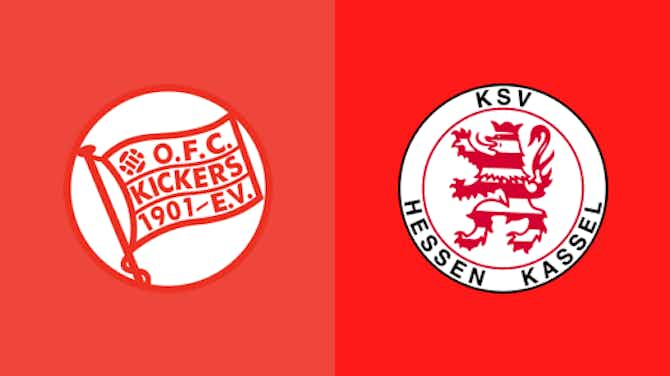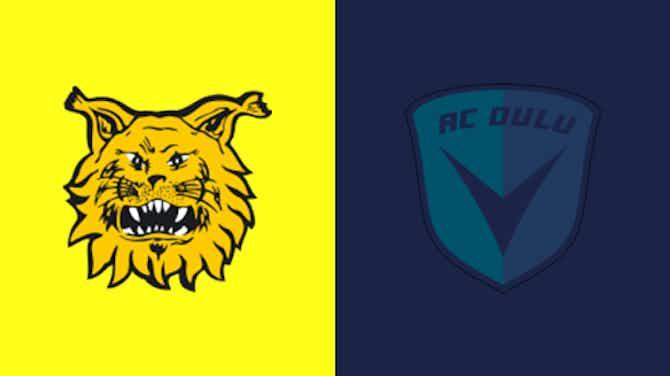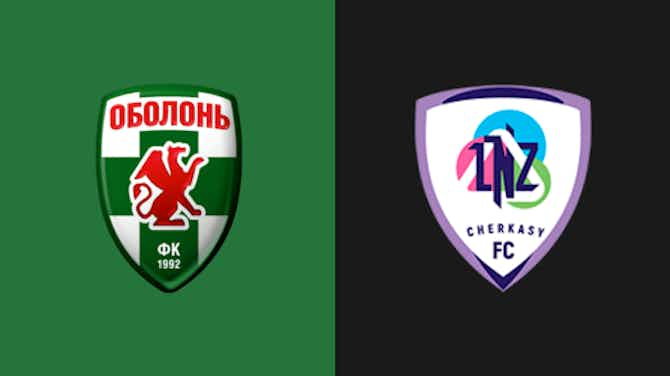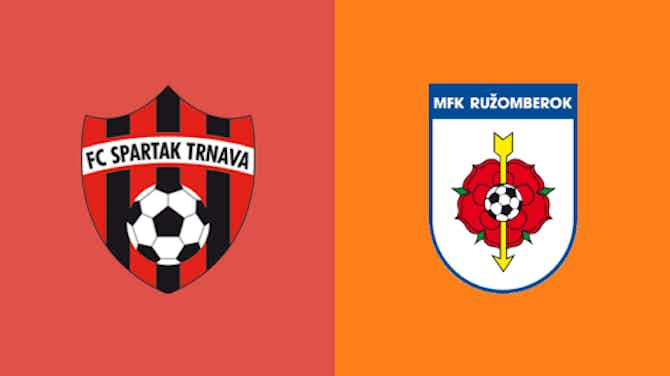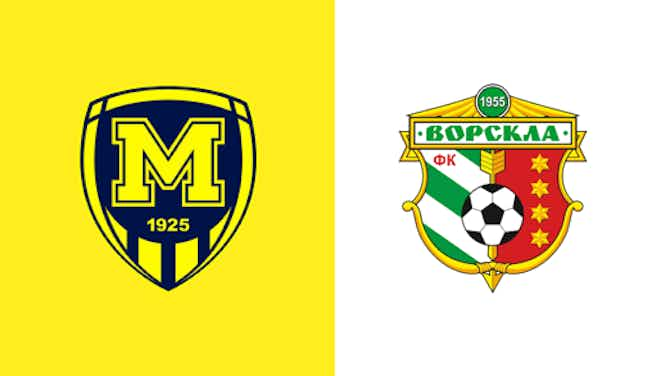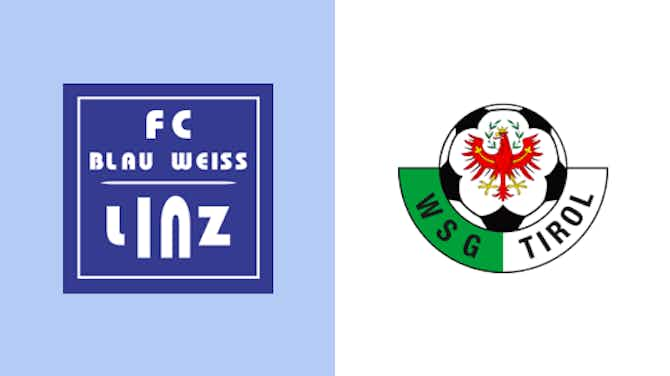Get French Football News
·3 April 2024
‘I was on autopilot’: Raphael Varane on his experiences with concussion
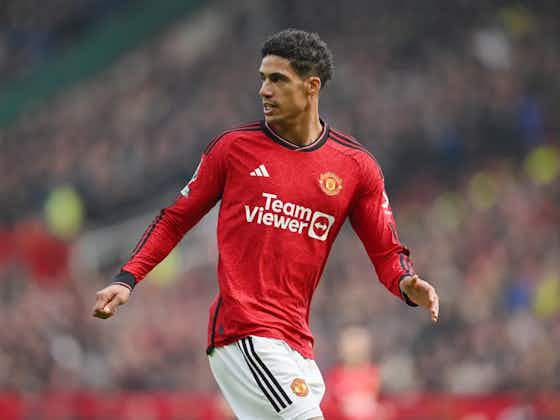
Get French Football News
·3 April 2024

Manchester United centre-back Raphael Varane (30) opened up about his experiences with concussion in an extensive interview with L’Équipe this week. As reported in GFFN, the Frenchman opened up about his personal journey towards understanding the long-term effects of heading in football, as well as the misunderstandings that still persist regarding the condition.
The defender went on to elaborate about specific episodes of his career, notably during the 2014 World Cup:
” We were playing against Nigeria in the round of 16 (2-0). At the start of the second half, there was a cross that I headed with my temple and I finished in the net of the opposition goal. I finished the game but I was on autopilot. If someone had spoken to me at that point, I don’t even know if I would have been capable of responding. I can’t remember the match after the hit. After the match, on the plane, I didn’t feel well and I let it be known that I was not feeling well. Then, I followed standard recovery protocol to feed myself and rest. I was not in my normal state and so they took me in. I had lost weight because I was dehydrated, I was not in good shape. However, I wasn’t going to miss a World-Cup quarter final just because I was tired.”
In terms of symptoms following the event, Varane is clear in his advice not to ignore the signs:
“I felt ocular fatigue around the eyes. In hindsight, if I knew it was a cerebral commotion, I wonder if I might have said something, even if it meant not playing the match. I don’t even know if there were tests or a protocol ten years ago. How do you measure my ability to play or not at that time? You can’t blame the doctors either, it was a f**** up situation. Over the last ten years, I never wanted to talk about this because it could be perceived as excuses and I never wanted it to look like that, because that’s not the case.”
Following the win over Nigeria, France were scheduled to face Germany in the quarter-final, provoking debate on whether Varane would play:
” The staff asked themselves if I was fit. I was depleted, but I played and I played well, even if I did lose the duel with Mats Hummels that led to their goal, which everyone spoke to me about for the next four years! Something that we’ll never know is what would have happened had I had another blow to the head. When you know that repeated concussions could be deadly, you think to yourself that it could end really badly. At that time, I wasn’t a father, but now I am 30 years old and have kids, my outlook is different”.
The 2014 World Cup, which France exited at the hands of Germany, was sadly not the last occurrence. In July 2020, in a match for Real Madrid against Getafe, Varane received another blow to the head:
” I took a ball to the head from a corner and had to leave the field. I followed a 5-day recovery protocol requiring me to abstain from intense effort. After that, we had a few days off, and I remember feeling intense fatigue that I put down to the usual end of season decompression. When we went back to training, I still hadn’t recovered from the fatigue that came from the hit I received. I didn’t have any energy to prepare the Champions League game against Manchester City, but I did not link it to the blow to the head. Maybe if I had undergone some tests to evaluate my capacity for recovery, I would have altered my training schedule and maybe I’d have been able to return to playing with normal energy levels.”
In terms of educating himself and other people, Varane is hoping to lead the way going forward. He was first warned about the dangers by Doctor Phillipe Malafosse, a specialist who had done alot of work with rugby players and saw the dangers also linked to football, which he considered under-estimated and badly handled, which resonated with the French defender:
” I first heard about micro-concussions this season. A specialist came to talk to us in Manchester. They advised us not to head the ball more than ten times in training, but between warning people in meetings and then actually following protocol on the field on when it happens, they are not the same thing. These days, there are tests to do to see if a player has fully recovered from a concussion. It’s easy when symptoms are visible, but when there are repeated blows to the head, saying that we’re tired the day after the match when everything went well, it’s a bit more complicated. Often, as a player, we don’t understand, we don’t even think about a test. The act of recognising a concussion and treating it well is therefore a challenge. It’s a serious question of health, vital even. Things are changing little by little, but there is still progress to be made.
Progress to be made indeed. Footballers are famously resistant to change, and stubborn when it comes to playing through injury:
“As footballers who are used to playing at a high level, we’re used to pain, we’re like soldiers, symbols of physical force, but the symptoms we’re talking about here are quite invisible. If your leg is hurting and you’re limping, everyone can see it. However, as soon as you say you’re mentally tired, you have migraines or eye pain and tiredness, you’re seen as weak. It is seen as an excuse or us saying we’re not ready for the challenge, so we tell ourselves that it’ll go away, without knowing that these are symptoms linked to concussion. In order to understand it, you have to analyse the situation well and then there has to be a relationship of trust between players and staff in order to be able to discuss it.”
So what is the long-term solution? Varane believes it starts with the right information, being more cautious of heading in the children’s game and what happens at training:
“Yes, I think we could limit heading at training, where it’s not necessarily vital. When you practice heading with shooting, clearing the ball and powerful crosses, that can also provoke a concussion. During matches, it’s just a part of the risk attached to our sport, the same risk that exists in other sports. A Formula 1 driver knows very well that they can have accidents, we just need to make sure that everything possible to done to ensure our safety. In terms of kids, I advise my 7 year old son not to head the ball. That, for me, is essential. Even if it doesn’t cause trauma in that moment, we know that repeated blows to the head over time can have devastating effects. Personally, I don’t know if I’ll live until I’m 100, but I know I’ve destroyed my body. People have to be made aware of the dangers of heading the ball, regardless of age or level.



